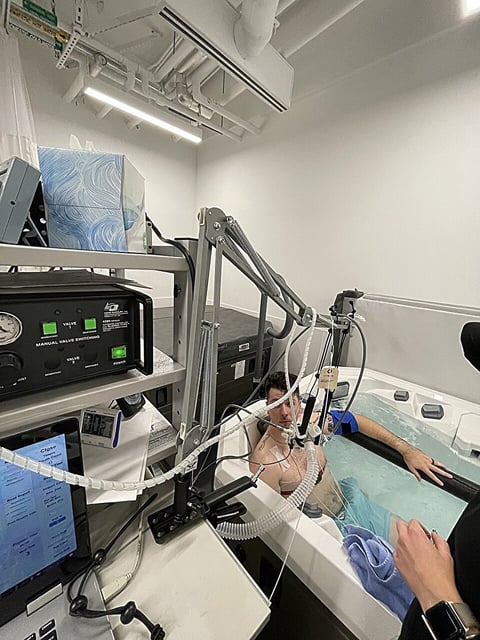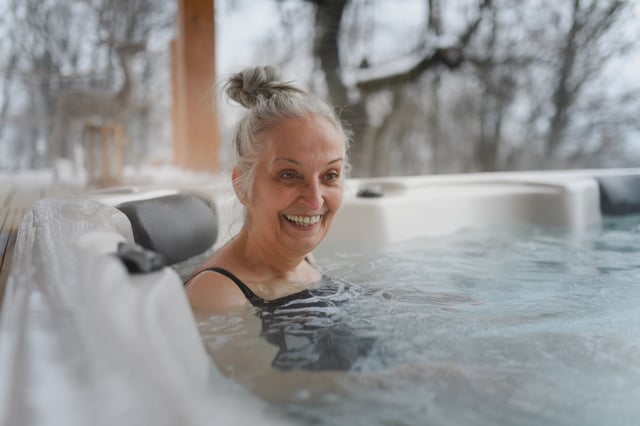Overview
- Researchers compared hot tub soaking, traditional dry-heat saunas and far-infrared saunas in 20 healthy adults aged 20 to 28 while tracking core temperature, blood pressure, heart rate, cardiac output and immune biomarkers.
- Soaking in hot water raised core body temperature more than dry or infrared saunas due to water’s higher thermal conductivity and reduced sweating.
- Elevated core temperatures during hot tub sessions increased cardiac output and vascular shear stress, factors associated with lower blood pressure and endothelial health.
- Only hot tub immersion triggered a measurable inflammatory response, with higher levels of cytokines and shifts in immune cell populations.
- The researchers say regular hot tub therapy may offer a non-exercise alternative for improving cardiovascular health and boosting immune function in individuals unable or unwilling to engage in routine physical activity.


